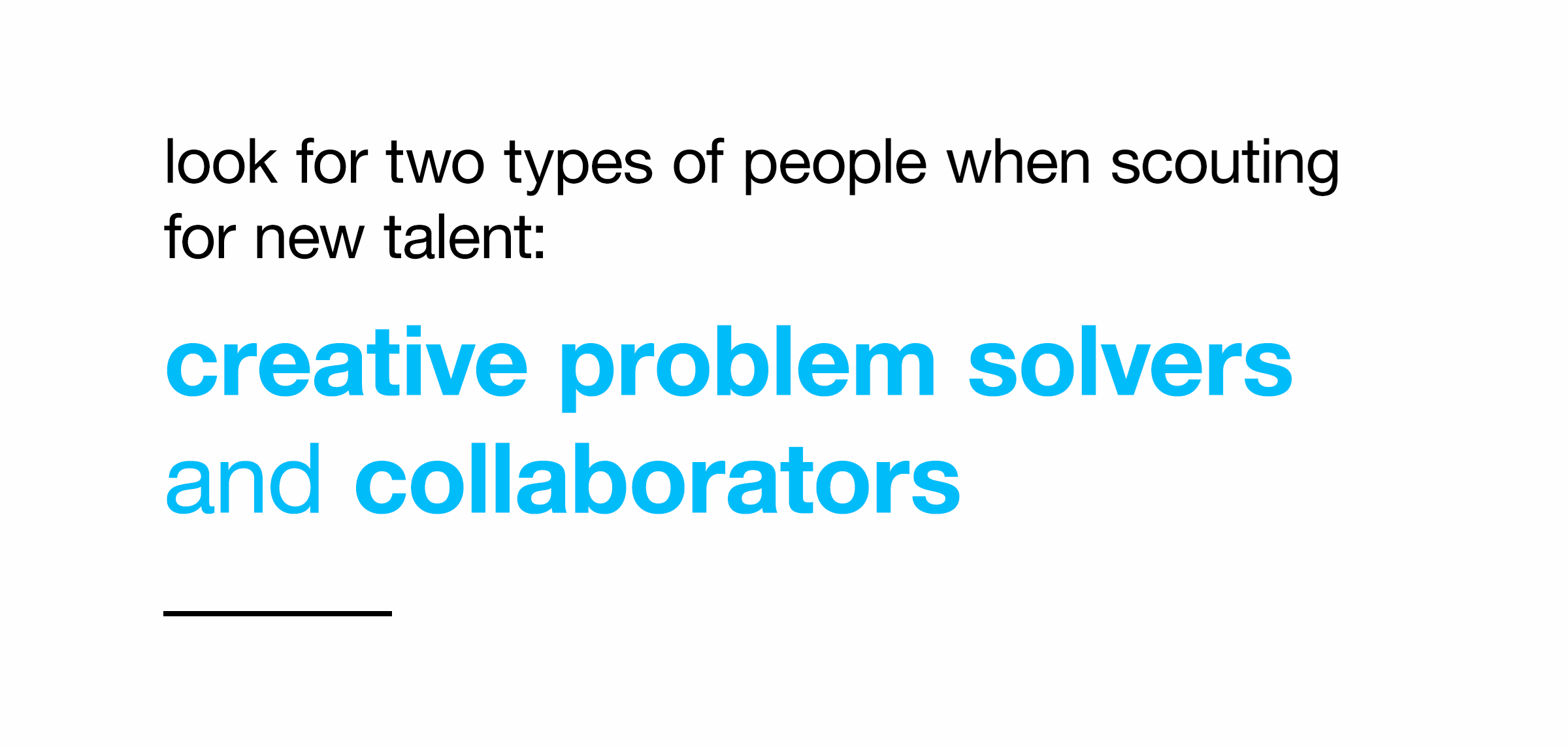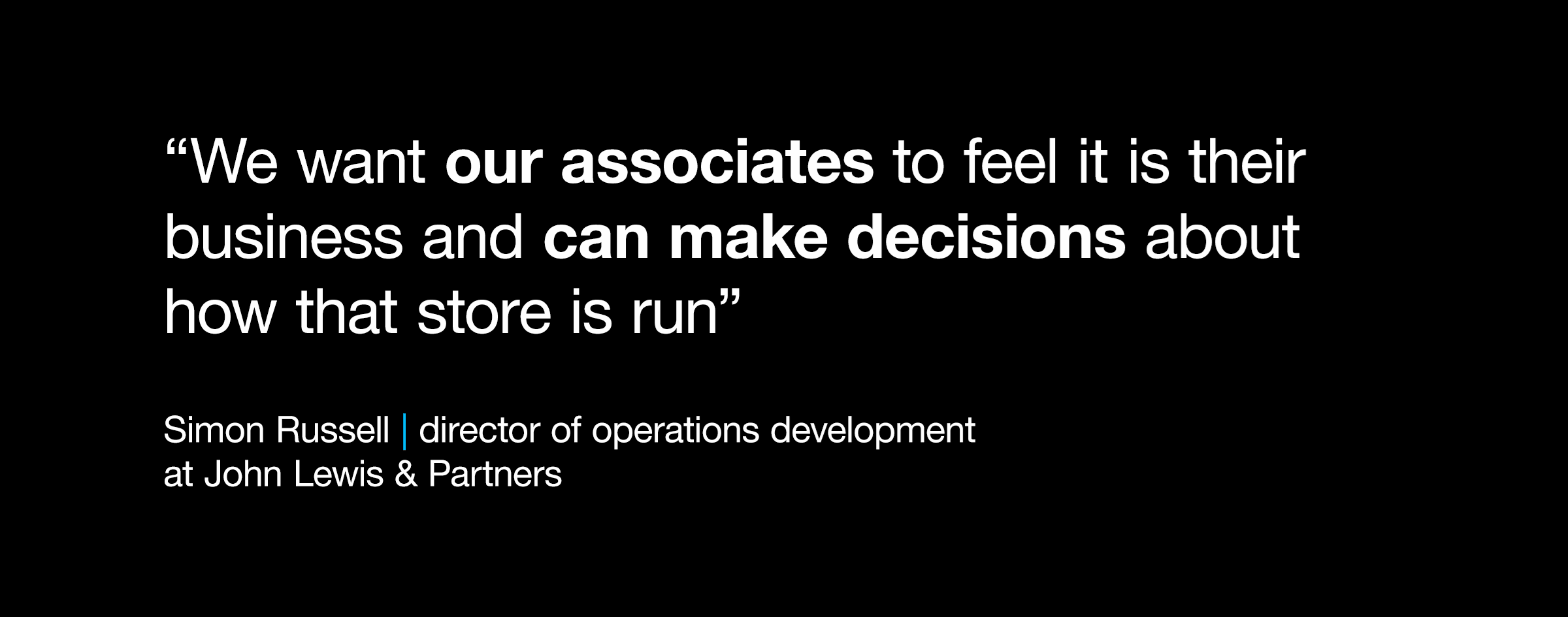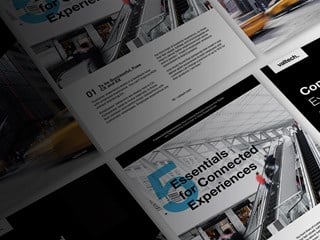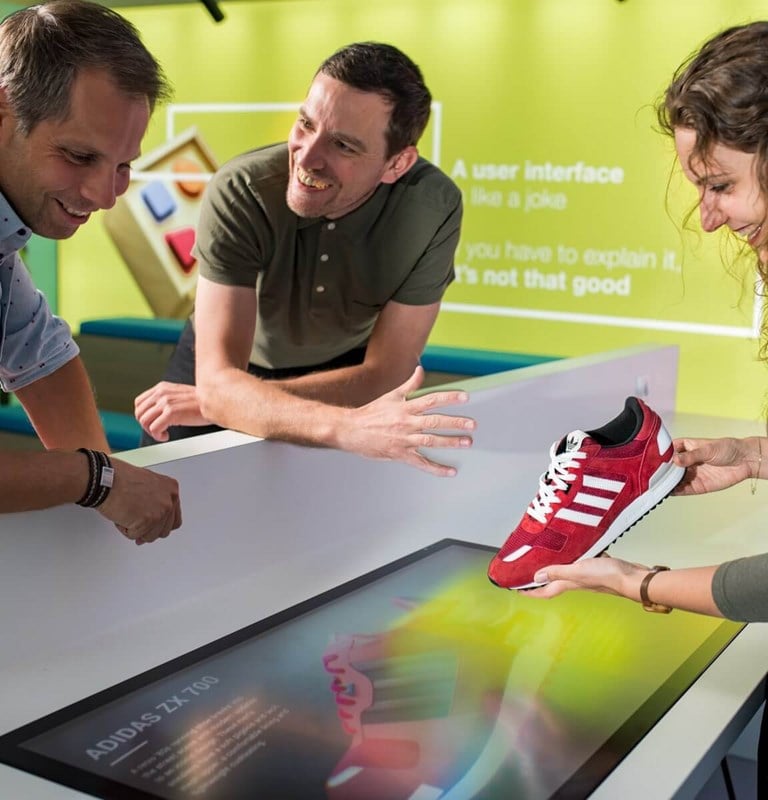February 24, 2020
When it comes to retail, a business is only as strong as its front line.
That’s what Walmart U.S. CEO John Furner told attendees during a speaking session at NRF 2020: Retail’s Big Show.
Furner joins a pool of retail thought leaders focused on implementing an employee-first approach when developing and establishing store guidelines and strategy. From apparel to appliances, frontline workers are the heart and soul of every retail operation. That’s why it’s crucial for businesses to invest in the best technology, training and operational practices to empower store employees to make every customer interaction as frictionless and fruitful as possible.
There’s no better investment you can make than in the people you have on your team, Furner said.
A strong start
A strong frontline begins at the hiring and onboarding process. Target’s Vice President of Talent Acquisition, Damu McCoy, told NRF attendees that he looks for two types of people when scouting for new talent: creative problem solvers and collaborators.

By seeking out employees with these personality traits, McCoy says retailers will be better equipped to create an aligned workforce that remains focused on the customer.
Retail is the biggest team sport out there, so you have to have people who want to work together, McCoy said.
Just as important it is to attract quality talent, it’s just as important to provide new hires with an onboarding process that builds confidence through constructive methods.
Many companies, like Walmart, UPS and Lowe’s, are even incorporating virtual reality and other gamification methods into worker education and training programs. Interactive orientation and training tools not only make learning fun, they also help new employees envision themselves in real-life customer service scenarios.
Get on their level
Your frontline employees know exactly who shops in your stores. They know what products customers are buying and why they’re buying them. They know what customers complain about and know what customers wished you would offer instead.

In a recent study, 51 percent of frontline workers said they had suggestions for how they could improve customer satisfaction at least quarterly, and 22 percent said they had feedback to share weekly or even daily. That same report also revealed that 20 percent of those workers said they had never been asked to share their feedback while a third said they only submitted feedback once a year or less.
Your frontline employees hold a treasure trove of information about your customers—all you have to do is ask. By hearing directly from floor level employees, retailers will have their finger directly on the pulse of what is and isn’t working in their stores. 
A work force on demand
Just as technology has influenced consumer demands, it has also shifted the way employees think about their jobs. Now more than ever, workers are taking their employment in their own hands—literally.
With 30 percent of today’s workforce performing some kind of gig work, the line between traditional retail and the gig economy is blurring more and more every day. Whether it’s shopping for groceries with Instacart or delivering Old Navy orders with Postmates, it isn’t uncommon for the retail worker to have two, three, potentially even four part-time jobs. And, chances are, they could already be working for your competitor.

“If an organization doesn’t have a strategy in the on-demand economy then they are already behind,” said Catherine Lepard, managing partner of global consumer retail at Heidrick & Struggles International Inc.“These are not old interim workers of the past.”
Not only are smart retailers forming partnerships with on-demand providers, they’re also borrowing a page from their playbook by incorporating mobile in their scheduling systems.
With their smartphone in hand, mobile scheduling software empowers workers to select their own availability, request time off and pick up open shifts. Not only does scheduling technology offer employees a more flexible work environment, it also frees up time for store managers to focus on more value-driven tasks.
Final Thoughts
Retail is no longer a one-size fits all business. In today’s era of frequent change, retail leaders must be ready and able to listen and adapt to fit the needs of their workforce.
“I think our role, leading big organizations, is to make sure our teams have the resources, the clarity and really a whole system and process around them to make the environment work, so they can feel successful,” Furner said.









